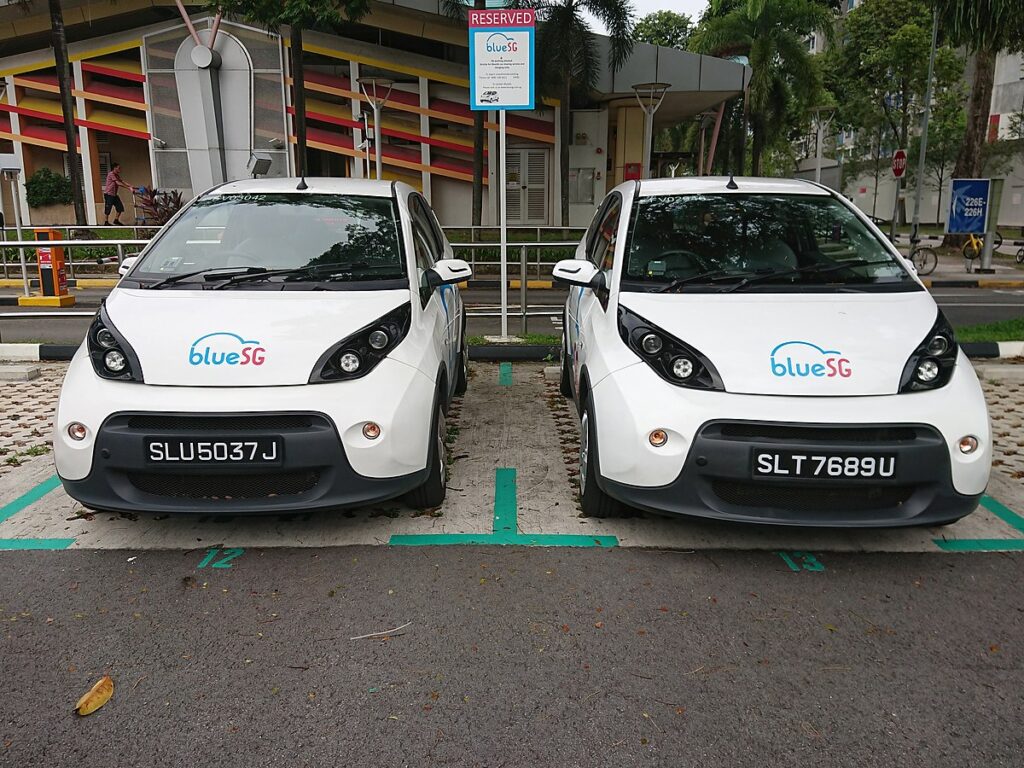Car-sharing services are on the rise, driven by factors such as convenience, cost and accessibility.
The growth of car-sharing has had an impact on individual ownership as well. According to a UC Berkeley study, those who participate in car sharing have seen a net decrease in their own vehicle ownership.
Benefits
The growth of car-sharing services has drastically reduced the number of cars on roads, helping reduce traffic congestion and carbon emissions. But how does this impact individual car ownership?
The average car owner spends thousands of dollars annually to keep their car running. When you factor in loan payments, insurance, fuel, and depreciation, it can quickly add up to an astronomical expense.
As a result, many people are seeking alternatives to owning a car. They may opt for public transportation, walking or biking when possible, or using a taxi when necessary.
Car sharing can be a cost-effective way to own a vehicle. By renting out your car for an hour or day, you’ll save money on gas and maintenance expenses.
Car-sharing services can also be advantageous for those who value sustainability. In fact, most services will allow users to rent an electric car.
Costs
The growth of car-sharing services has significantly reduced household transportation expenses. A family that only uses their car occasionally can save thousands each year by switching to a shared vehicle model.
Car-sharing services typically charge members an hourly rate with additional fees for mileage or time driven. In some instances, members may also have to pay a monthly membership fee.
These services are ideal for people who drive occasionally or don’t need a car to get to work every day. Furthermore, they provide an economical alternative to purchasing a new car.
Studies have compared the impact of fleet-based round trip car share systems and peer-to-peer (P2P) car share services. While both have a significant effect, P2P members made fewer bookings per year than fleet users.
Convenience
Car-sharing services provide an easy way to rent a vehicle by the hour. Plus, they offer various vehicle options that are accessible through smartphone apps.
Turo provides a vast selection of cars from local owners, such as sedans, sports cars, premium SUVs and convertibles.
These vehicles can be rented by anyone with a membership card or key. Similar to traditional rentals, the service charges for each use of the car are determined by time or distance traveled.
Car sharing is an attractive solution for urban residents seeking flexible, affordable transport that’s simple to use. Furthermore, it contributes towards sustainability goals by reducing greenhouse gas emissions and water consumption.
Accessibility
Car-sharing services provide a convenient and cost-effective alternative to owning a vehicle. Through a smartphone app, you can locate and unlock nearby cars with ease, then use them for however long or short you need. Some services even provide various vehicles – including those that drive themselves!
Traditional rental cars are much less accessible, making them ideal for drivers of all ages. Most share options also provide various rate plans – from per-minute to monthly – making them more cost effective to operate.
One of the most remarkable benefits of car-sharing services is their capacity to reduce individual car ownership in dense urban environments. A recent study revealed households with a membership owned 40% fewer vehicles and drove 33% less annual mileage than a control group – particularly in cities with high levels of traffic congestion and limited travel options. This trend can be especially evident when considering cities where individual vehicle ownership may be difficult due to limited choices or transportation options available.

